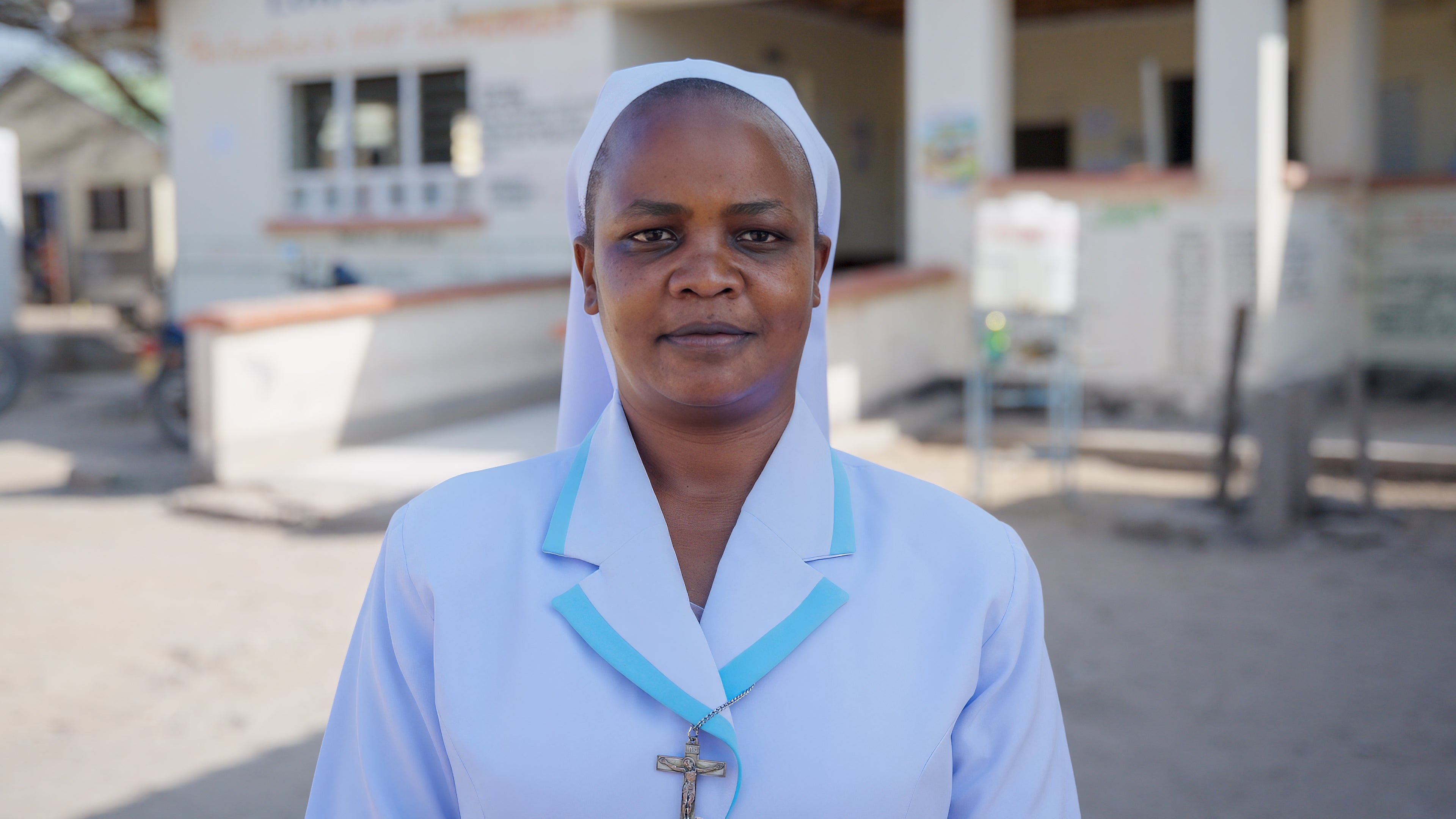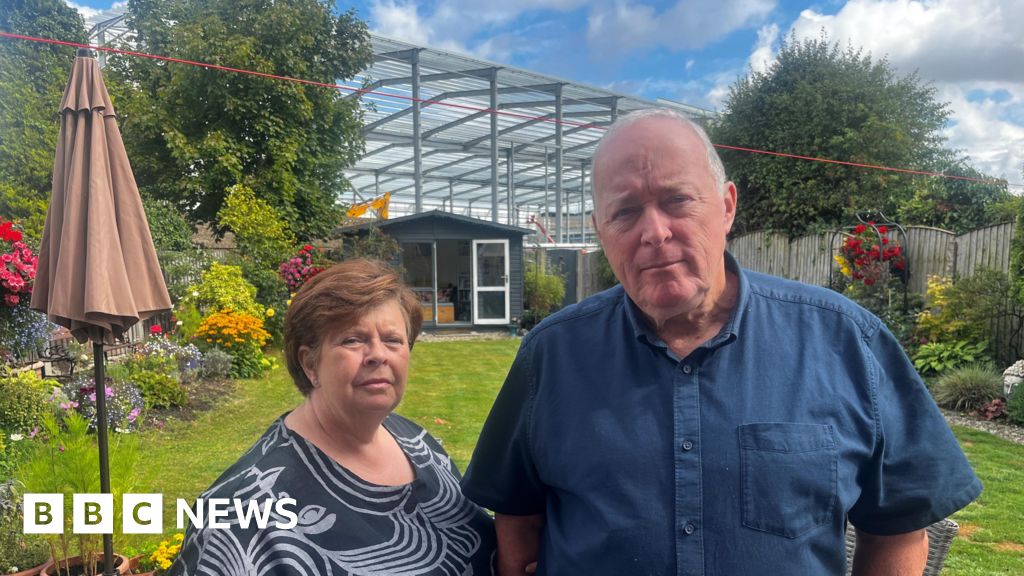Four African countries are set to run out of vital emergency food supplies in the next three months, putting the lives of millions of malnourished children at risk.
The findings, which were carried out by the charity Save the Children and shared exclusively with The Independent, were described as “unthinkable” by Moazzam Malik, CEO for Save the Children UK.
In Nigeria researchers found that an estimated 3.5 million children under five are experiencing severe acute malnutrition.
The country requires some 629,000 cartons of therapeutic food – which is an energy-dense, peanut-based paste – to treat children who are severely wasted during the June-November lean season between harvests, but so far only 64 per cent of this has been secured.
In Northern Kenya – a region increasingly vulnerable to malnutrition due to repeated droughts and floods – some 105,000 cartons of therapeutic food is required to treat severely malnourished children through to the end of 2025.
So far only 79,000 – or 77 per cent of the needs – have been met, with stocks expected to run out in October.
“We have tried to source therapeutic food from other facilities that have commodities so that we can fully support our children who are very, very malnourished,” said Sister Winnie, a Save the Children clinic manager in Turkana, Northern Kenya. “If they are not supported, I know very soon [we] will be losing them.”

In South Sudan, the number of children under the age of 5 experiencing acute malnutrition has increased this year by 10.5 per cent, from 2.1 million to 2.3 million.
But only one third of the children needing treatment for severe acute malnutrition in South Sudan received treatment between January and July, due to the closure of 15 per cent of the nutrition facilities following cuts to overseas aid, said Save the Children.
In Somalia, close to 1.8m children – or nearly half of all children under 5 – are at risk of malnutrition, but currently only 39 per cent of the required nutrition funding for 2025 has been received.
UNICEF has warned that September marks a critical turning point in Somalia, with most aid agencies likely to face significant disruption to their nutrition programmes or be forced to scale down their support in the country.
Save the Children CEO Moazzam Malik told The Independent: “It is unthinkable that lifesaving treatments that stand between a child and death could run out in the coming months because of global aid cuts.
“Malnutrition – exacerbated by climate change and conflict – is stealing childhoods. It robs children of their dreams, silences their laughter, keeps them out of school, and threatens their lives. Treating it is relatively straightforward.”
Save the Children warned earlier this year projected aid cuts from the UK government are set to result in the country’s support for malnutrition programmes plummeting by nearly 90 per cent.
Following the Spending Review in June, the government’s own impact assessment saw it admit that cuts to foreign aid spending will likely see global deaths rise.
Malik told The Independent that there is still time for the government to ensure that the UK continues to champion malnutrition support, even as it maps out how to reduce UK overseas aid from 0.5 to 0.3 per cent of Gross National Income (GNI) by 2027.
“By focusing aid grants on the poorest and most vulnerable communities, the UK can help prevent millions of children from dying of malnutrition and give them back what every child deserves – the chance to grow, to learn, and to dream of a brighter future,” Malik said.
This article was produced as part of The Independent’s Rethinking Global Aid project





